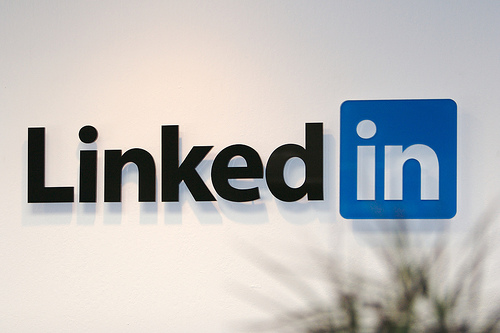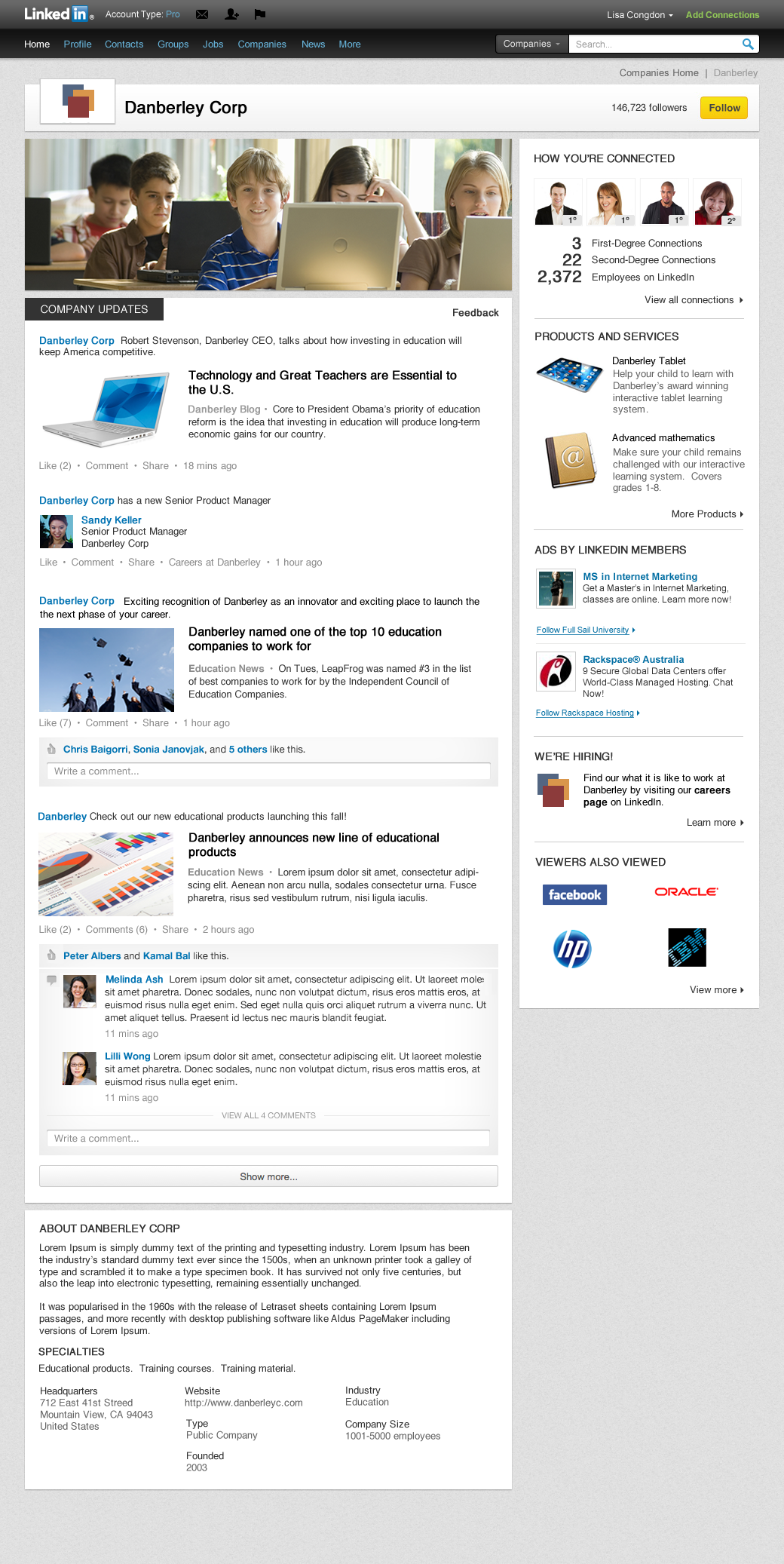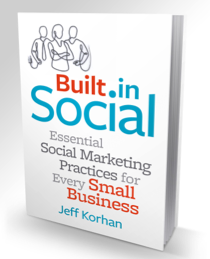
LinkedIn is making some smart moves to personalize LinkedIn Company Pages, effectively creating a look and feel that is much like that of a Facebook page, while also respecting the professional culture of LinkedIn.
Personal is the New Professional
People do business with people first, and then with the companies that stand behind them. The new LinkedIn Company Pages bring the comments of their employees front and center. This gives outsiders opportunities to size up the company culture, while also learning who may be more likely to engage, among other things.
On Facebook you Like or subscribe to a Facebook business page, whereas on LinkedIn you follow a Company Page. The difference between Liking and following seems to reflect the nature of the respective networks; one is casual and the other professional.
On Facebook people like pages, with the leaders predominantly being consumer brands. Curious about business opportunities with a particular company? Follow their LinkedIn Company Page. There’s nothing creepy or unprofessional about it. It’s no different than tracking a stock you may wish to invest in.
Notifications Encourage Engagement
In addition to literally taking a page from the Facebook playbook, LinkedIn is also adopting a highly useful Twitter feature – notifications.
While interruptive, there is no question that notifications encourage engagement.
My personal experience is many of the 3rd party services that promise to help you stay in touch with your online communities will fail you from time to time. The reason is likely that they are not quite on the inside and therefore subject to unforeseen changes.
Whereas, a notification directly from Facebook, LinkedIn, or Twitter is more likely to be reliable, and should therefore prove to be a welcome feature.
Here’s a preview of the new LinkedIn Company Page.

What do you think? Are you ready to create your LinkedIn Company Page?
I’m not ready to say game-changer yet, but the thought has crossed my mind. Stay tuned.
You can get a few more details here and here.
And this comprehensive article on 10 LinkedIn Tips for Growing Your Business will help you to get more from Linkedin in general. It includes a couple of video tutorials that will show you a new trick or two.
Do you think LinkedIn can give Facebook and Twitter a run for leadership in business marketing?
Leave a comment below and share this with your community.
Until next time, Jeff


